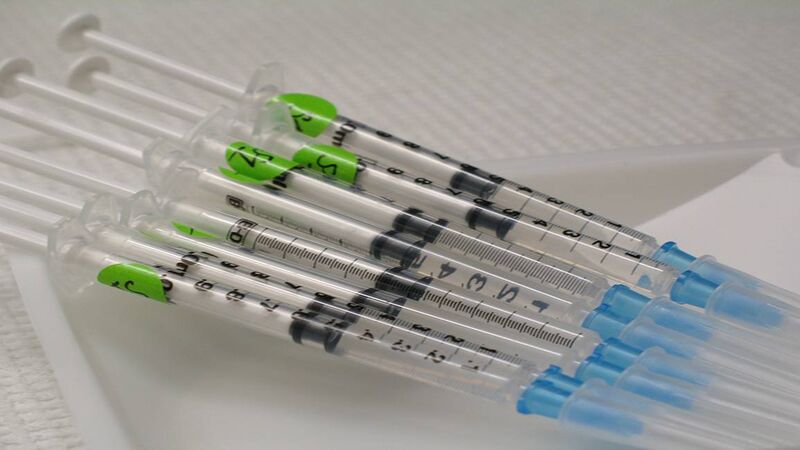More than 15,000 report side-effects from Covid-19 vaccines

Allergic reactions to the four approved vaccines remain low, with 12 cases of anaphylaxis reported by people who received an mRNA vaccine – Pfizer/BioNTech and Moderna – while a small number were reported in relation to the adenoviral vector vaccines. File picture
There have been 15,424 reports of suspected side-effects in association with the Covid-19 vaccines, according to the latest data.
The suspected side-effects range from tiredness and nausea to – in some cases – heart inflammation and low platelet counts.










